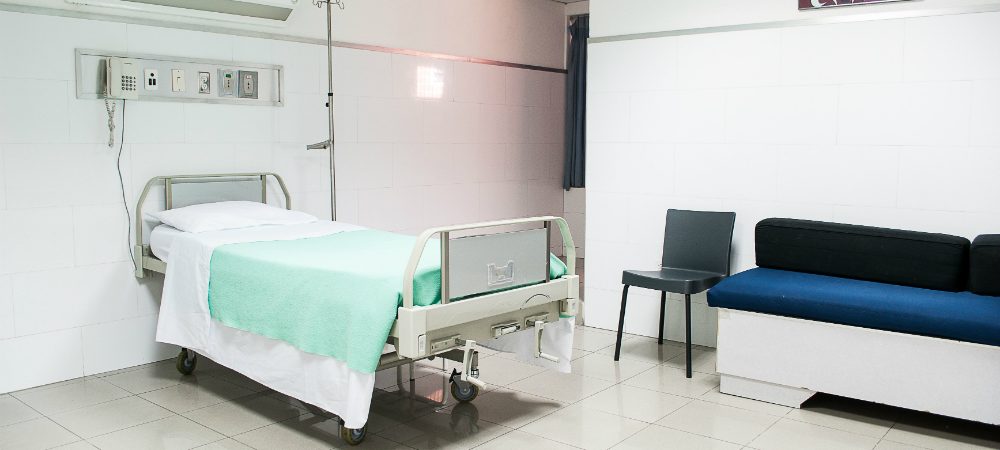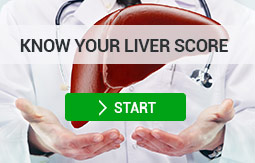What’s in this article
- Treatment options available
- Remission
- When treatment does not work
- Survival rates
Treatment options available
Once your doctor has diagnosed you with liver cancer it will be time to discuss which treatment options are available. You will be able to create a treatment plan with a health care team in order to treat the cancer as best as possible. Certain decisions will have to be made at this point regarding what sort of outcome you are looking for, whether it is extending your lifespan, curing the cancer or helping with the symptoms. If you have the time it is worth getting a second opinion from another doctor so you can make a more informed decision. Depending on the type of cancer, the following treatments may be offered to you:
- A liver transplant or partial removal – if the liver cancer is confined to the liver and has not yet spread a surgeon can remove part of the liver or perform a transplant.
- Chemotherapy – An anti-cancer drug which is taken orally or through IV. This treatment comes with unpleasant side effects, however, is a good option for cancer that has spread to other organs.
- Radiation Therapy – This treatment involves aiming radiation rays at the affected areas, however, not in large doses as this can affect other organs in the body.
- Tumor Ablation – Where a needle is inserted into the cancerous tumor, this is a good option for people who cannot undergo surgery due to health issues, however, is less effective.
- Targeted Therapy – A type of drug is taken that targets specific enzymes called protein kinases that help regulate cell growth.
- Proton Therapy – is a type of radiation treatment that uses protons to treat cancer. A proton is a positively charged particle and at high energy, protons can destroy cancer cells.
- Immunotherapy – is designed to boost the body’s natural defenses. It uses materials made either by the body or in a laboratory to improve, target, or restore immune system function.
- Clinical Trials – There may be the option to partake in clinical trials for your type of cancer.
- No Treatment – There is also the option to not accept any treatment, this is a personal decision but should be discussed with your doctor. You will still be able to get treatment for side effects and any pain that you may be experiencing.
Remission
Remission is when the cancer cells are no longer detected in the body and there are no longer any symptoms. For many people, this will be a permanent outcome, however, there is a chance of the cancer returning. If you are worried about this then you can talk to your doctor. When you have been told you are in remission you will need to go back every few weeks for check-ups to start with and then this may turn into years and may eventually stop altogether.
When treatment does not work
Sometimes cancer is advanced and can no longer be treated, or it has not responded to previous treatments. When this happens, it is important to talk to your doctor and voice any opinions you have. This can often be a scary time but the health care team are there to help you. Many patients choose to go into palliative care also known as a hospice, in order to be more comfortable.
Survival rates
According to the American Cancer society, statistics on the outlook for a certain type and stage of cancer are often given as 5-year survival rates. Many people will live longer than 5 years, the 5-year survival rate is the percentage of people who live at least 5 years after being diagnosed with cancer. The American Cancer Society states that, for example, if the 5-year relative survival rate for a specific type and stage of cancer is 50%, it means that people who have that cancer are, on average, about 50% as likely as people who don’t have that cancer to live for at least 5 years after being diagnosed. For people with early-stage liver cancers who have a liver transplant, the 5-year survival rate is in the range of 60% to 70%.
There are different types of diagnosis that can be made:
- Localized – the cancer is still only present in the liver and includes stages I, II, and some stage III cancers. The 5-year relative survival rate for people with localized liver cancer is around 31%.
- Regional – the cancer has spread into neighboring organs or has spread to nearby lymph nodes, and includes stages IIIC and IVA cancers. For regional stage liver cancer, the 5-year survival rate is about 11%.
- Distant – the cancer has spread to distant organs or tissues and is the same as stage IVB. The 5-year relative survival rate for distant stage liver cancer is about 3%.
Find out more about which vitamins and minerals are good for your liver as recommended by Dr. Tarek Hassanein, M.D.
References
Liverdirectory.com

 (442) 244-5115
(442) 244-5115












